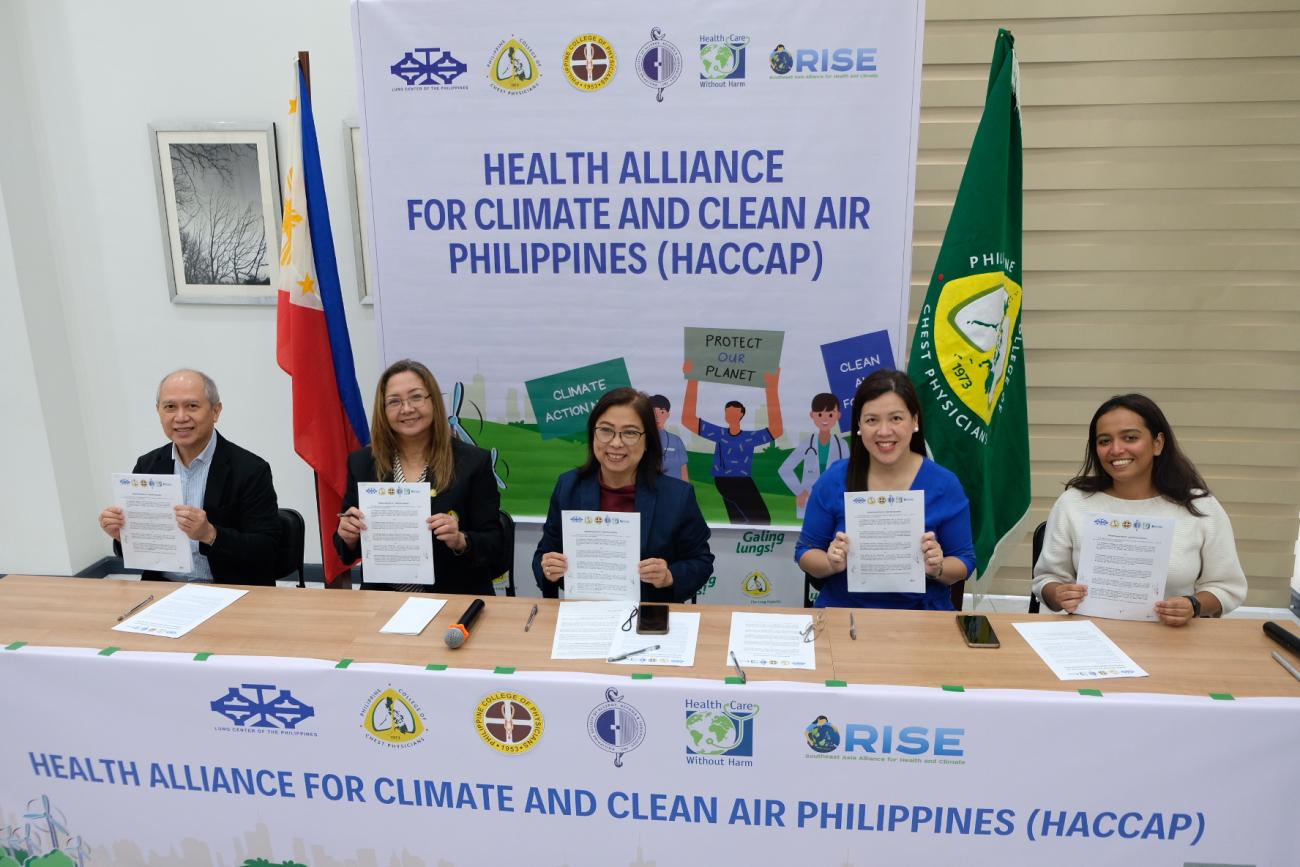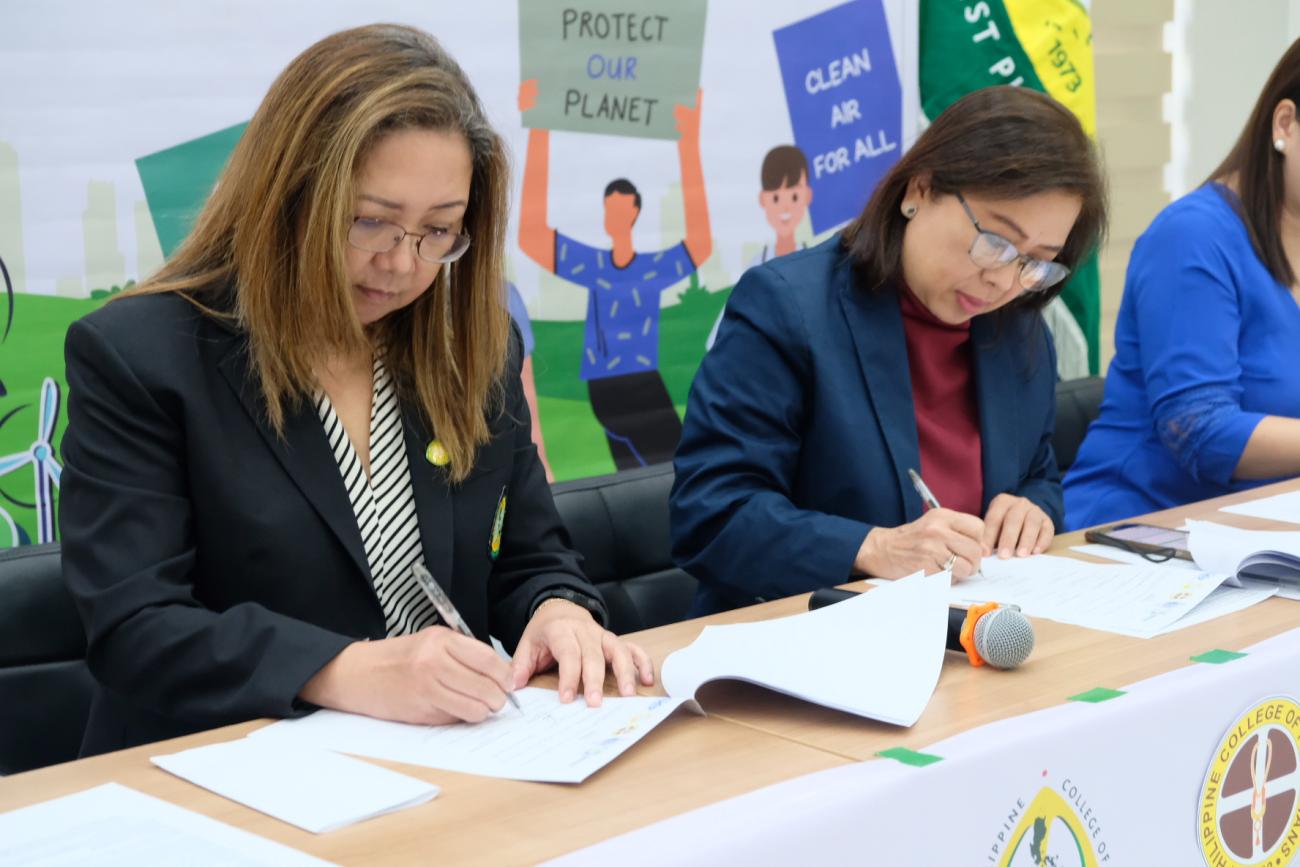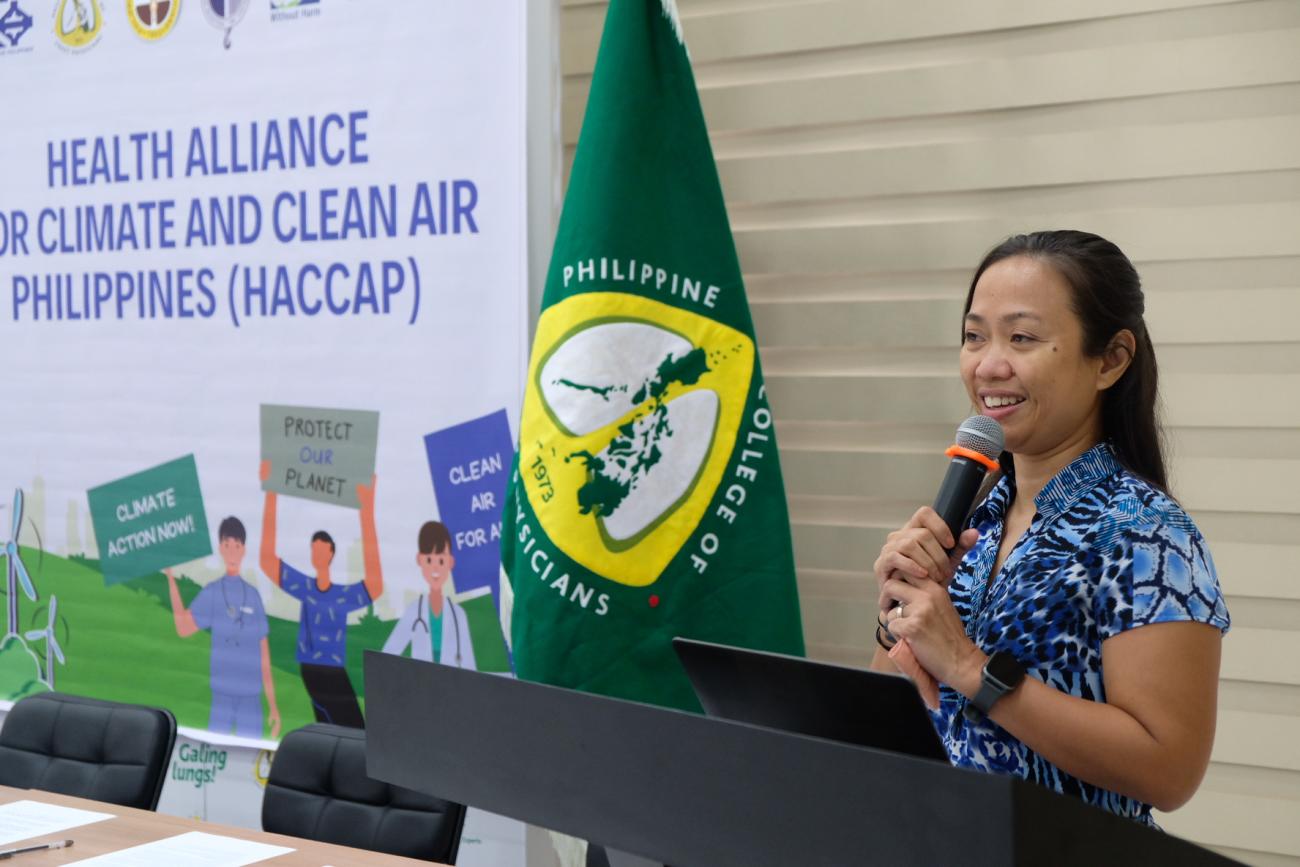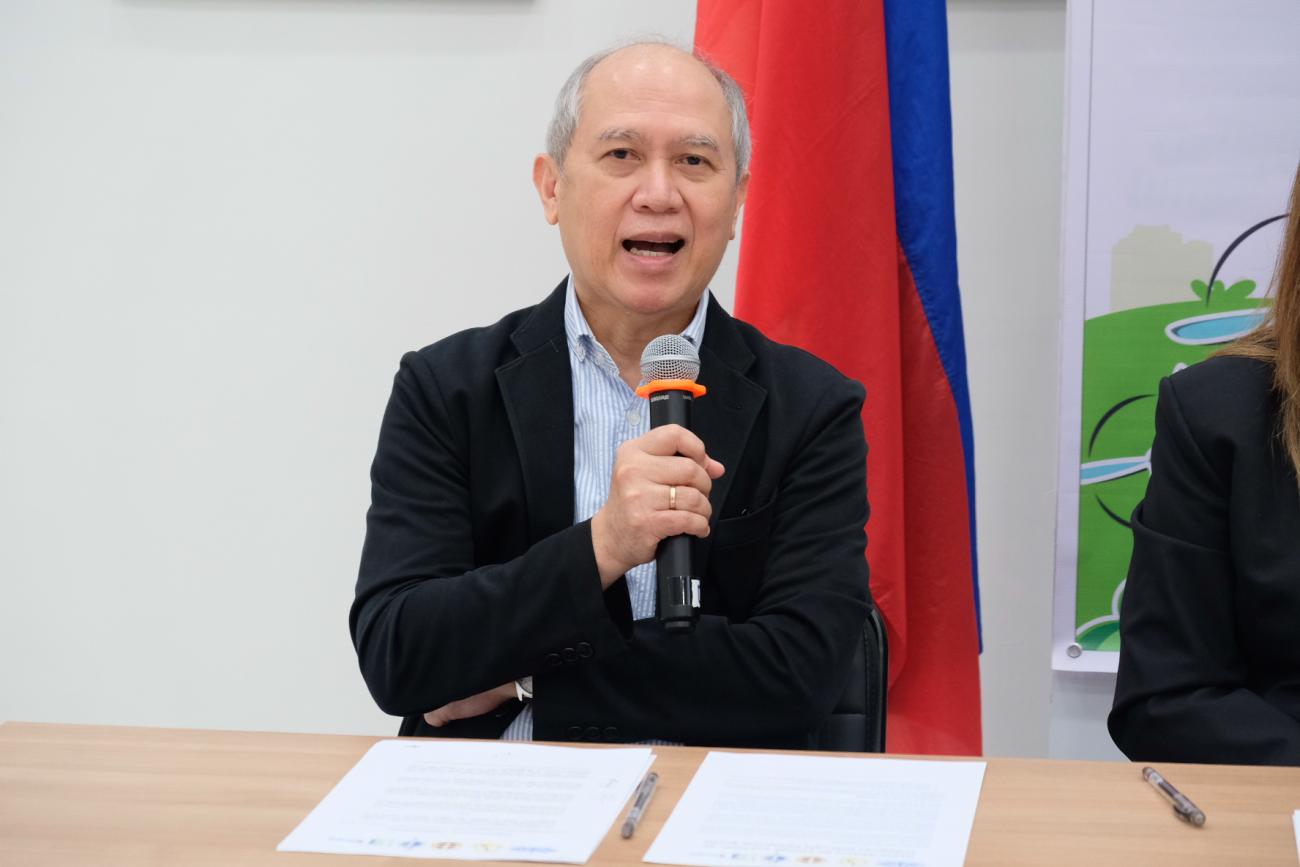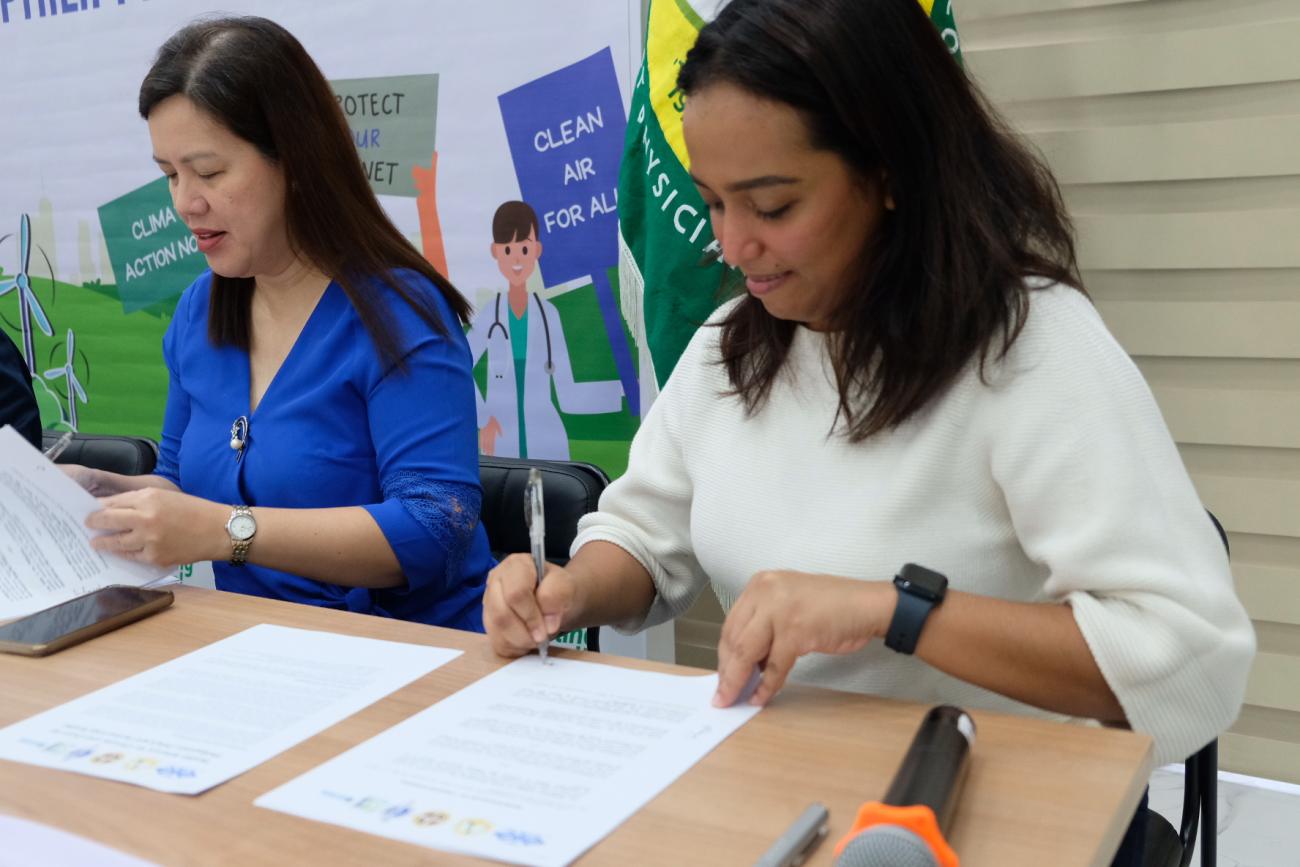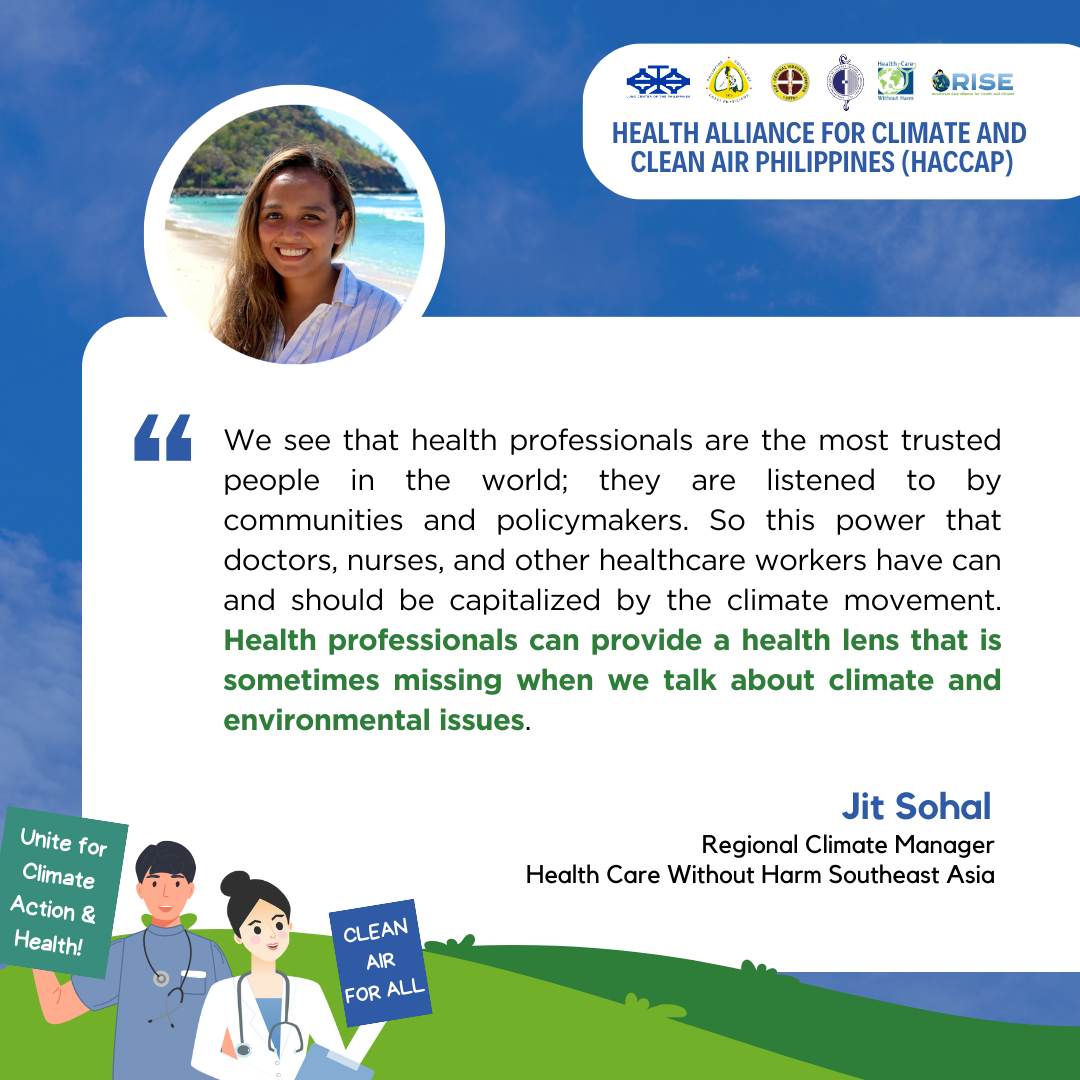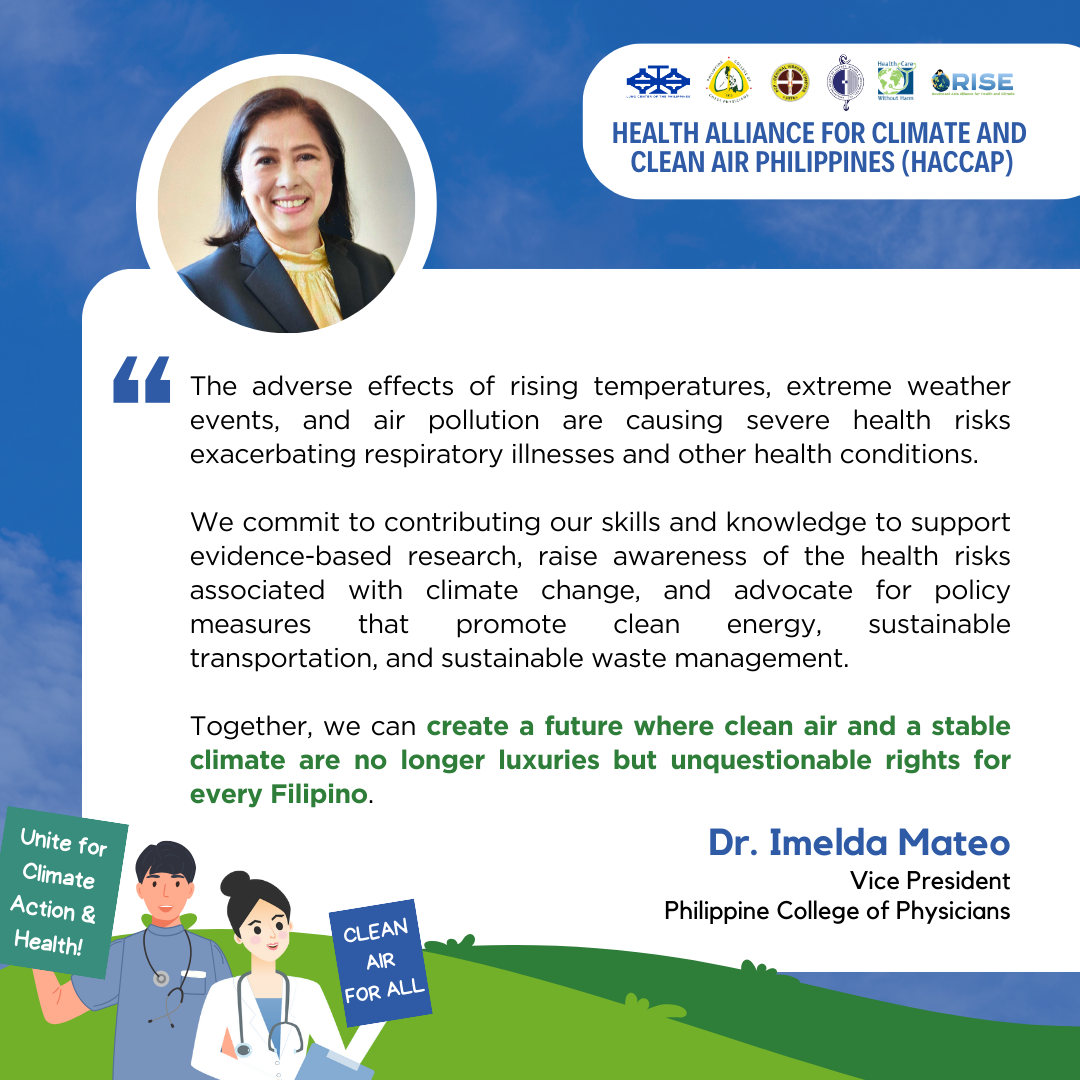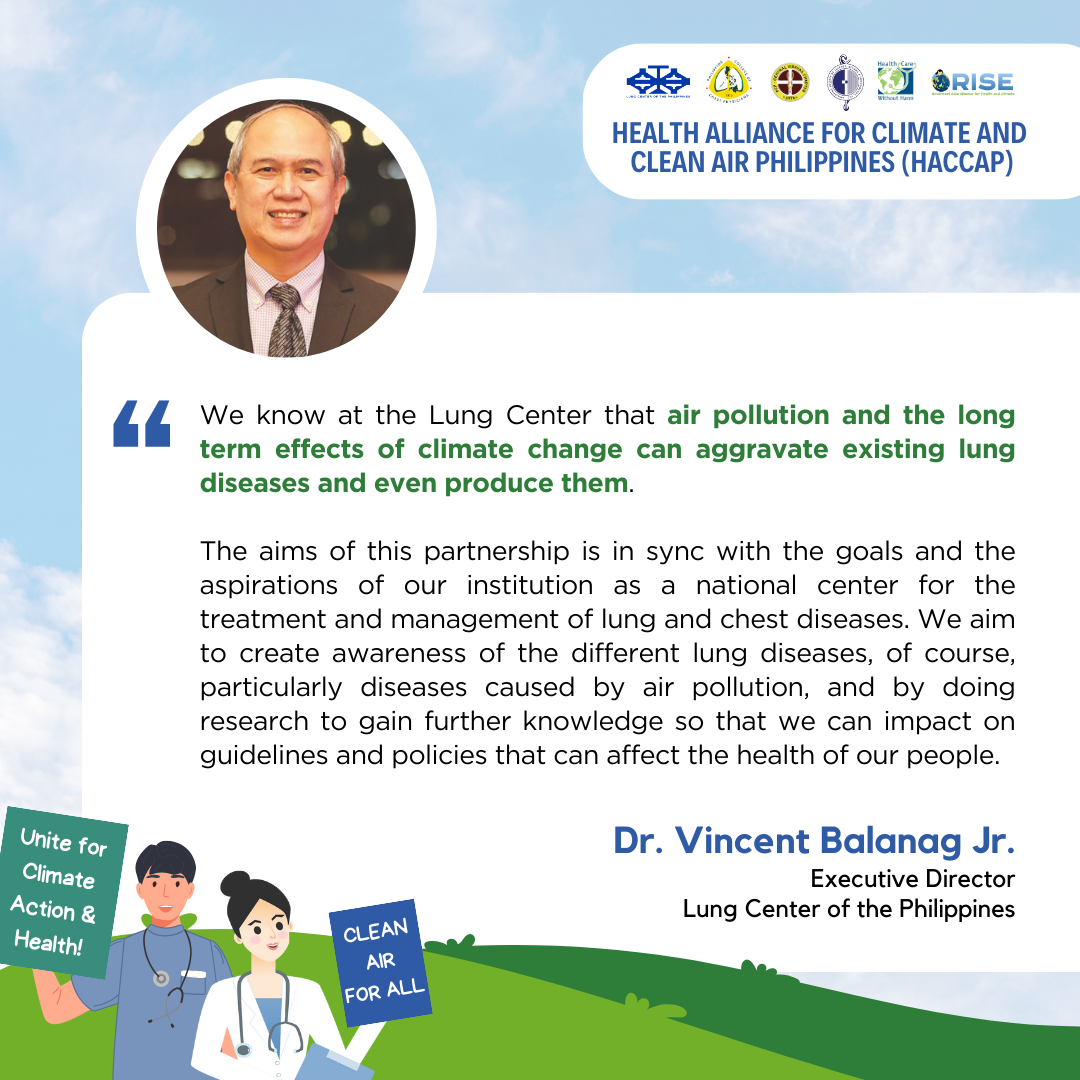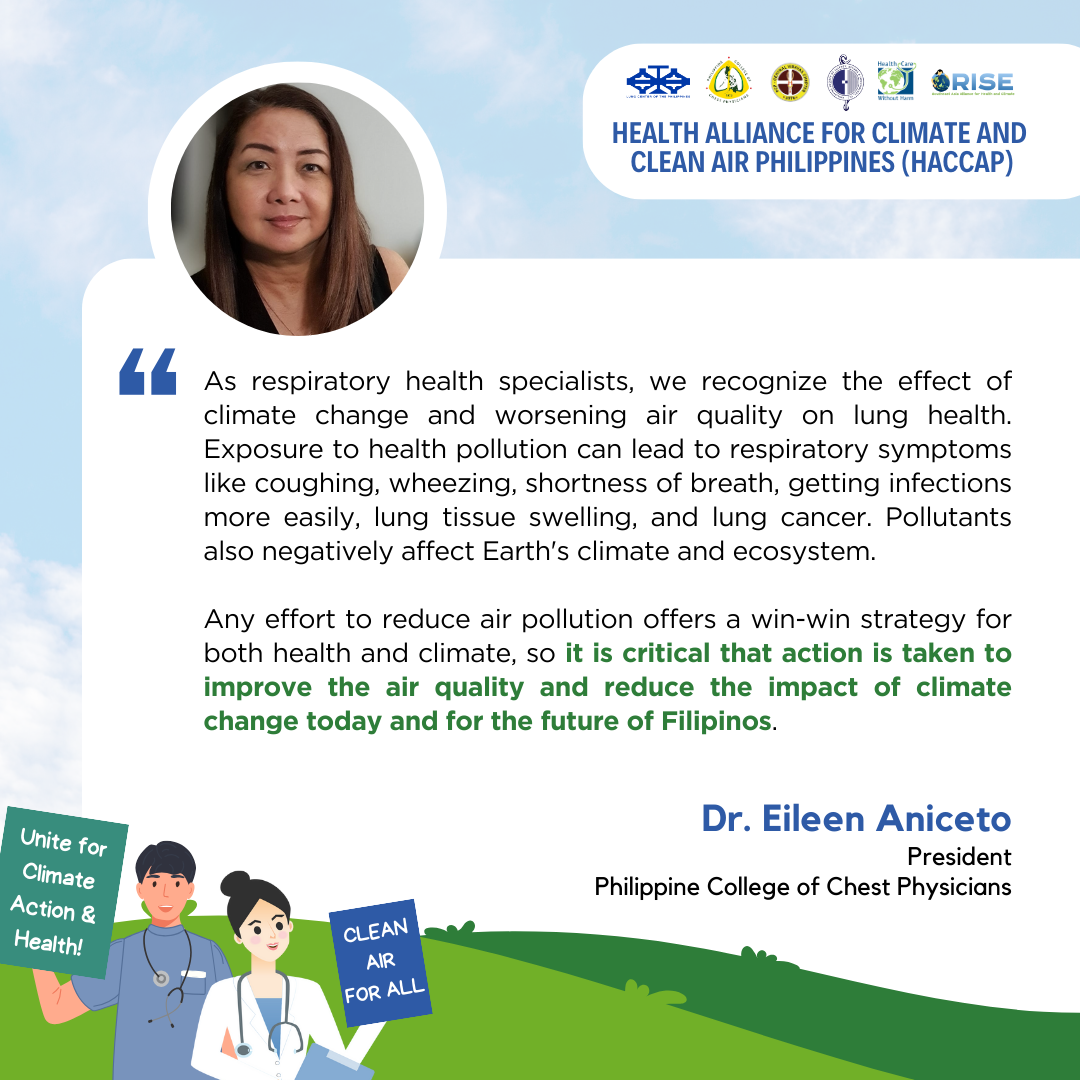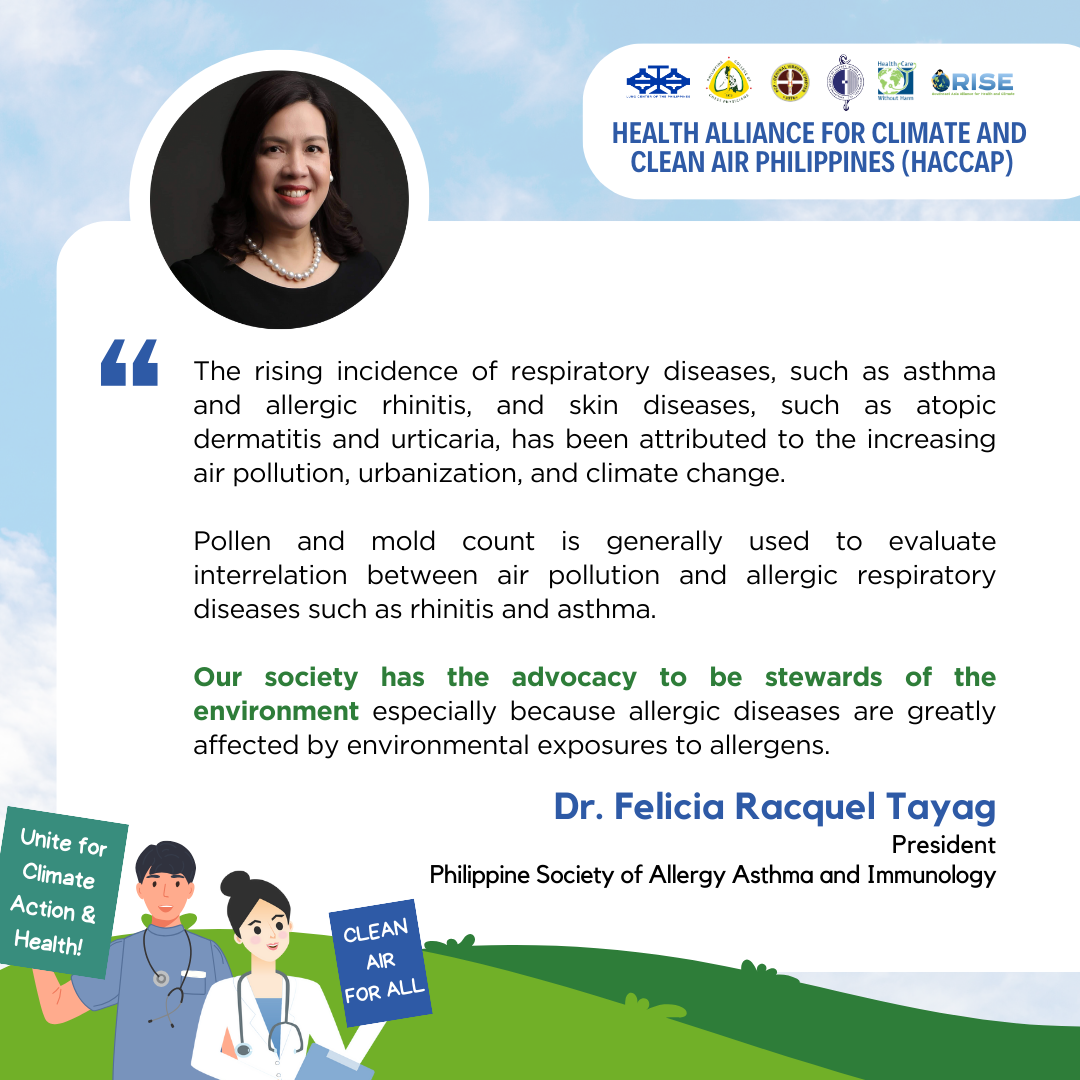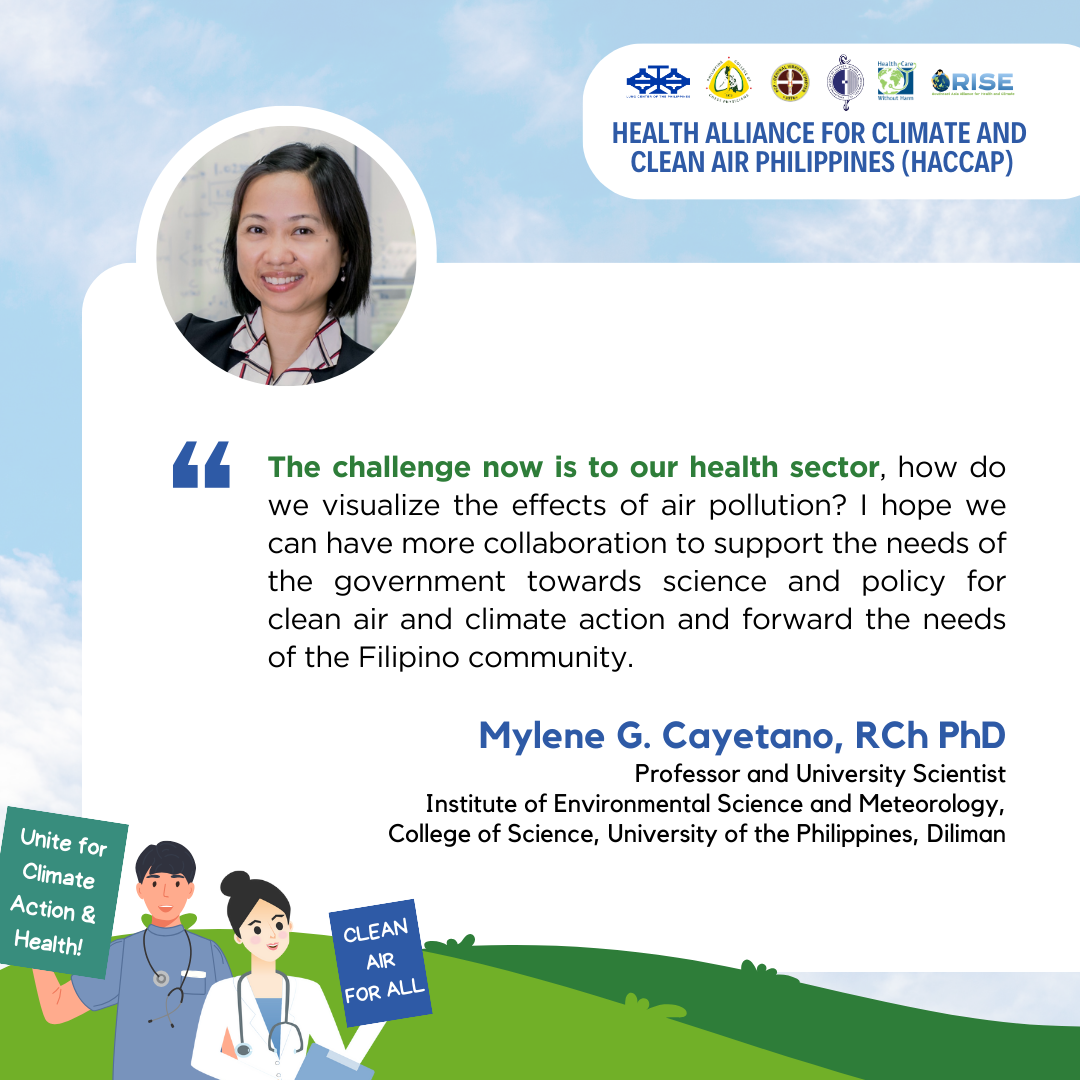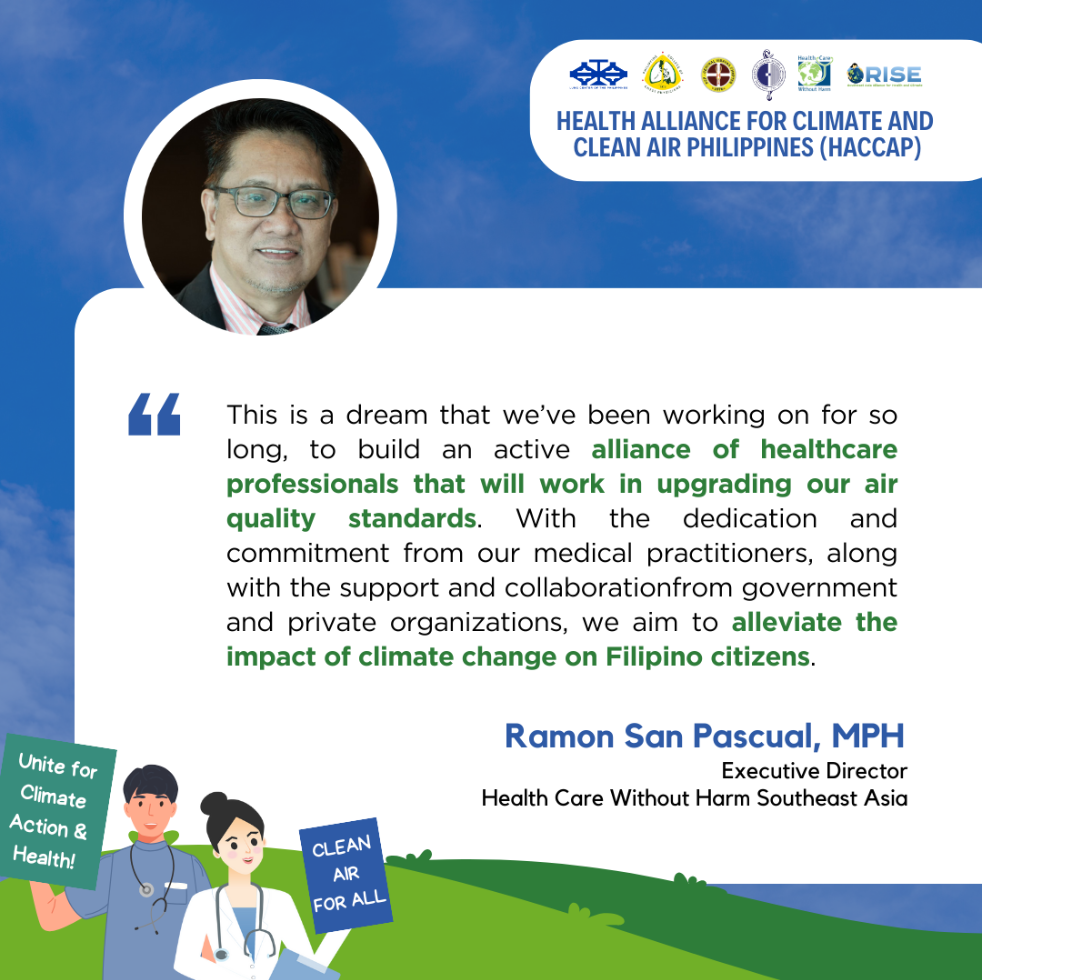Air pollution goes way back as early as Roman times, thousands of years ago, at least in recorded history. In 535 A.D., the Byzantine Emperor Justinian proclaimed that clean air is a birthright amongst the Roman Laws, “By the law of nature these things are common to mankind—the air, running water, the sea.” In the same era, it was found that human activities caused the poor air quality.
Pollution in general is toxic, and the deaths associated with it are equivalent to three times those from AIDS, malaria and tuberculosis combined. But air pollution is a big chunk of it. The World Health Organization stated that 99% of the global population breathe air that exceeds their limits and has high levels of pollutants which is literally 9 out of 10 people (almost every single one of us). According to the United Nations Environment Programme, approximately 6.5 million premature deaths occur every year because of air pollution which is deemed as the most pressing environmental health crisis in the world.
Air pollution can affect lung development and is implicated in the development of emphysema, asthma, and other respiratory diseases, such as chronic obstructive pulmonary disease (COPD). However, research on air pollution and its effects on human health has evolved to include cancer, cardiovascular disease, respiratory diseases, diabetes mellitus, obesity, and reproductive, neurological, and immune system disorders.
Climate change also impacts air pollution because both problems come mostly from the same sources: emissions from burning fossil fuels. Air pollution is a public health issue that is exacerbated by climate change.
70% of deaths related to air pollution occur in the Asia-Pacific region and the main source of air pollution in the region’s urban and rural areas is the burning of fossil fuels and biomass. In 2018, the World Health Organization published that the Philippines is the 3rd highest in the world for air pollution-related deaths. Air pollution in the Philippines is three times higher than the safety limit set by the WHO. Hence, there’s an urgent need for us to take swift and collective strategic action to combat these issues.
Answering the call for a collective action to combat air pollution, the Health Alliance for Climate and Clean Air Philippines (HACCAP) was launched on the 5th of August 2023. HACCAP is comprised of the Philippine College of Chest Physicians (PCCP), Philippine College of Physicians (PCP), Philippine Society of Allergy, Asthma and Immunology (PSAAI), Lung Center of the Philippines (LCP), and Health Care Without Harm Southeast Asia (HCWH-SEA).
The objectives of this breakthrough initiative among leading health societies in the Philippines are (1) to spread awareness in all stakeholders (including health professionals and policymakers) the relationship among air pollution, climate change, and health in the Philippines; (2) research extensively on climate change, air pollution, and their impact on public health; and (3) advocate and engage actively for the development of robust policies and guidelines to combat climate change, air pollution, and their ramifications on health.
The signing of the Memorandum of Understanding by the Steering Committee of HACCAP marked a pivotal moment during the alliance's official launch, as its members pledged to spearhead efforts aimed at achieving the alliance's goals. The event was further enriched by engaging presentations and discussions led by the committee, which delved into critical issues surrounding climate change and the state of air quality in the Philippines. The speakers delivered insightful remarks, and here are a few noteworthy excerpts from their addresses.
The Philippines continues to work on addressing pressing societal concerns, such as climate change and air pollution. Thus, the establishment of a health-led alliance dedicated to spearheading efforts against these environmental and health challenges is both timely and significant. HCWH-SEA looks forward to elevating this initiative to new heights through concrete actions encompassing awareness campaigns, research initiatives, network expansion, and policy advocacy.
As human civilizations continue to develop, we face multiple issues that threaten our existence. So, it is only imperative to come together to finally take these issues seriously and redefine how humans coexist with nature and not the other way.
Get in touch with us if you want to know more and get involved in HACCAP.
For more relevant topics, updates, and events, please visit our website or follow us on Facebook, Instagram, X (formerly Twitter), and LinkedIn.
Authored by: Donna Mae Ocmeja, Communications Manager, HCWH SEA
